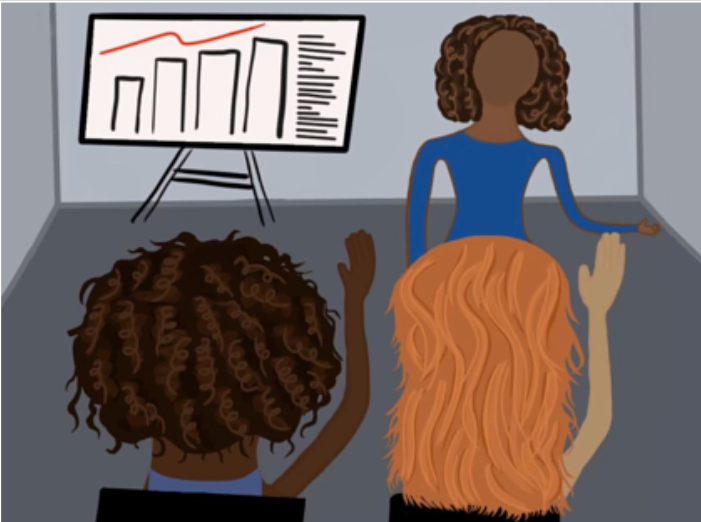From the outset, women have been distinguished as unworthy of equal rights obtained by men due to a simple factor, their sex. Looking back, women have been excluded from countless job opportunities, education, voting rights, and a voice to express their opinions. Because of this, it has caused women to have a low status in society. Despite historical facts presented, many women leaders have attempted to change this “stereotype” by altering prevailing opinions made by misogynistic individuals. These people are those who express extreme hatred towards women.
Yet, prominent women leaders around the world are not accepting old “stereotypes.” Findings from the Pew Research Center state that most Americans (54 percent) feel that men would do a better job running a professional sports team compared to a negligible eight percent in opposition. However, this past December, University of Chicago’s head coach Julianne Sitch became the first female to lead a men’s soccer team to an NCAA title. Through her leadership, she proved that these standardized ideas were wrong. In an interview with Sitch, she explained that “it’s important for young girls to see women in leadership roles. When they can see it, they can believe it.”
While women are continuing to defend their rights, the continuous changes made in the workforce industry show requirements for certain characteristics that female leaders naturally have. These characteristics include self-confidence, communication skills, adaptability, emotional intelligence, and open-mindedness. According to a Harvard Business Review, large quantitative studies and meta-analyses both showcase that gender differences in leadership are nonexistent and are occasionally in favor of women.
Elevate, a club at Metea strives to bring awareness to women’s rising leadership in today’s society. The purpose of the club is to empower and support women in our community as well as provide a safe space for everyone. Vice-president Maariya Imtiyaz and co-president Madelyn Schotz say that the club promotes women’s empowerment by conducting weekly journaling and self-affirmation activities at the beginning of each meeting.
“It is a relaxing way to ease your nerves after a long school day and It is always important to appreciate yourself, so that is what these activities help you do,” junior Imtiyaz said.
Getting involved in women empowerment groups allows women to become knowledgeable. Without the willingness to reject community norms and strive for leadership opportunities presented, the opening window of opportunities for women will decrease. This will cause the wage gap to increase, biased policies to continue, and plummeting diversity rates in the workforce industry due to lacking effort.
“I wanted to help fix the misguided view society has on feminism and help depict it as the beautiful ideology it is,” Imtiyaz explains.
Furthermore, women have a clear disadvantage in gaining leadership roles due to gender bias found at every stage of the HR process. As claimed by Weber State University, the Department of Economic and Social Affairs agrees that the Security Council Resolution 1325 and the SDGs (Sustainable Development Goals) portray the world’s commitment to evolving into a future of women leaders and participants because peace and security matter.
Schotz believes that women are regularly put down. Supporting other women as part of their organization broadens the leadership roles available. Due to countless studies, Frontiers in Human Neuroscience One presents the idea that an individual does not feel directly responsible for becoming inspired; rather, a stimulus object, such as a person, an idea, or a work of art, evokes inspiration. In other words, the experience gained from inspiration conducts new ideas that are later presented that contract with past concerns.
Women empowerment groups such as the American Association of University Women (AAUW), the Association for Women in Communications (AWC), and the National Women’s Business Council (NWBC) are all extremely beneficial. They encourage women leaders in society. The same is done at Metea in clubs such as Elevate where they empower young women to promote self-love and discuss current events that affect women’s rights.
“Solidarity is vital within workplaces,” Imtiyaz said. “A way to uphold that is to ensure that women’s ideas are heard and appreciated. Encourage women to strive for their leadership goals and ensure that they face no barriers in reaching these objectives and be supportive of one another.”



